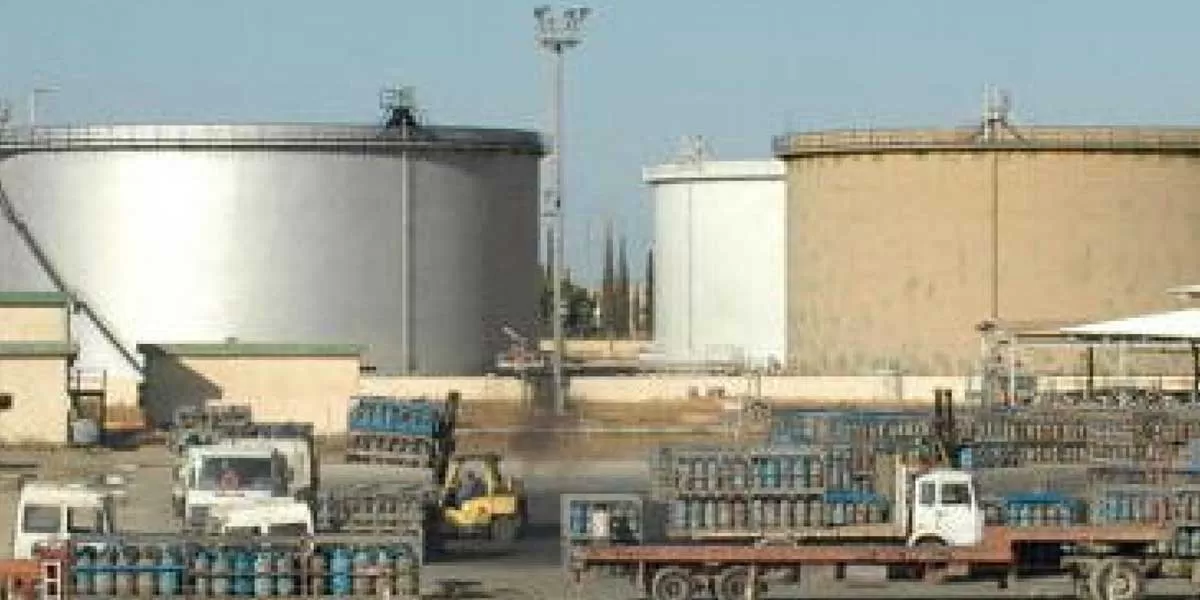
Oil Rises on Positive China Data Amid Uncertain Israel Lebanon Ceasefire

VinFast Enters Indonesia E-Scooter Market, Signs Dealer MoUs
VinFast has officially entered Indonesia’s e-scooter market after signing Memoranda of Understanding with a network of strategic local dealers, marking a key step in the company’s international expansion of electric two-wheelers.VinFast has partnered with K3, Citra Abadi Sedaya, PT Bevos Auto Mandiri, PT Sapta Jaya, MotorArt, PT Sinergies Dua Kawan and PT HINU, all of which have established experience in automobile and motorcycle distribution. The company said the partners bring strong market knowledge and operational capabilities aligned with VinFast’s retail and service standards.The c..

Rustomjee Restores Wadia Clock Tower in Mumbai’s Fort
Rustomjee Group has completed the restoration of the 19th-century Bomanjee Hormarjee Wadia Clock Tower in Mumbai’s Fort area, reviving one of the city’s historic public landmarks through a collaboration with the Kala Ghoda Association.Built in 1882 as a tribute to philanthropist Bomanjee Hormarjee Wadia, the basalt stone clock tower and fountain stands at the junction of Bazaar Gate Street and Perin Nariman Street. The restored landmark was inaugurated on 9 February 2026 by Boman Rustom Irani, Chairman and Managing Director of Rustomjee Group, and Brinda Miller, Chairperson of the Kala Gho..

Danube Properties Launches Serenz Residential Project in JVC
Danube Properties has launched Serenz by Danube, a premium residential development in Jumeirah Village Circle (JVC), marking its latest addition to Dubai’s urban housing market.The project was unveiled by Rizwan Sajan, Founder and Chairman of Danube Group, along with Adel Sajan, Group Managing Director, Sana Sajan, Director of Agency Relationships, and Danube’s Global Ambassador Brett Lee.Serenz by Danube is a 50 + 25-storey development strategically located between Sheikh Mohammed Bin Zayed Road and Al Khail Road, offering what the developer describes as a “2-minutes-in, 2-minutes-out�..

















